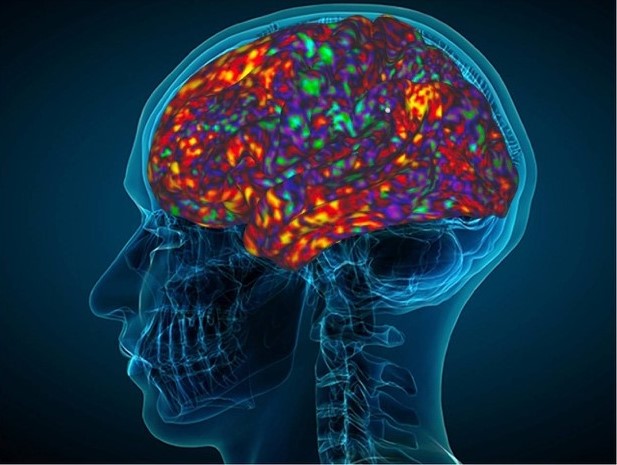General Overview
There is still a lot we have to learn about how psychotic disorders develop. We also need accurate ways to identify those at risk for psychosis and better treatment approaches to reduce psychosis progression in the brain. WERC patients have no obligation to participate in research. Some patients may be eligible to voluntarily participate in research and would be compensated for their time. Research at WERC is focused on using cutting-edge brain imaging to improve the precision of interventions and tailor treatments to every individual. Current studies include:
-
Brain Imaging in Early Psychosis
This study assessed brain connectivity and function of individuals ages 13-25 who are at a prodromal or early stage of a psychotic disorder using neuroimaging protocol similar to that of the Human Connectome Project. The underlying brain connectivity in prodromal individuals is still elusive. Therefore, using advanced brain imaging techniques will provide insights about the development of psychosis in this population, allowing us to improve early intervention efforts. -
Schizophrenia Imaging (DBSI)
The aim of this study is to find out if there are differences in the brain of people with schizophrenia compared with people that do not have schizophrenia. -
Psychosis-Risk Outcomes Network (ProNET)
This study is part of a multi-site research grant, involving 26 site around the world. The purpose is to study outcomes from individuals at clinical high risk (CHR) for developing psychosis in order to improve the early identification and treatment of CHR youth. We will assess MRI, EEG, psychopathology and cognition, genetics, body fluid analytes, natural speech and language, and ecological momentary digital measure. This study is currently recruiting. -
Psychosis Risk in Kenya
Through our previous research work in Kenya, we pioneered prodromal longitudinal assessments in Africa, and remain the only group in the continent actively investigating the CHR population. The current study aims to identify predictors of psychosis transition in a Kenyan adolescent and young adult sample over a five-year period. We will assess behavioral traits, genetics, and neuroimaging data to strengthen the early intervention and prevention of psychotic disorders among Kenyan youth.

